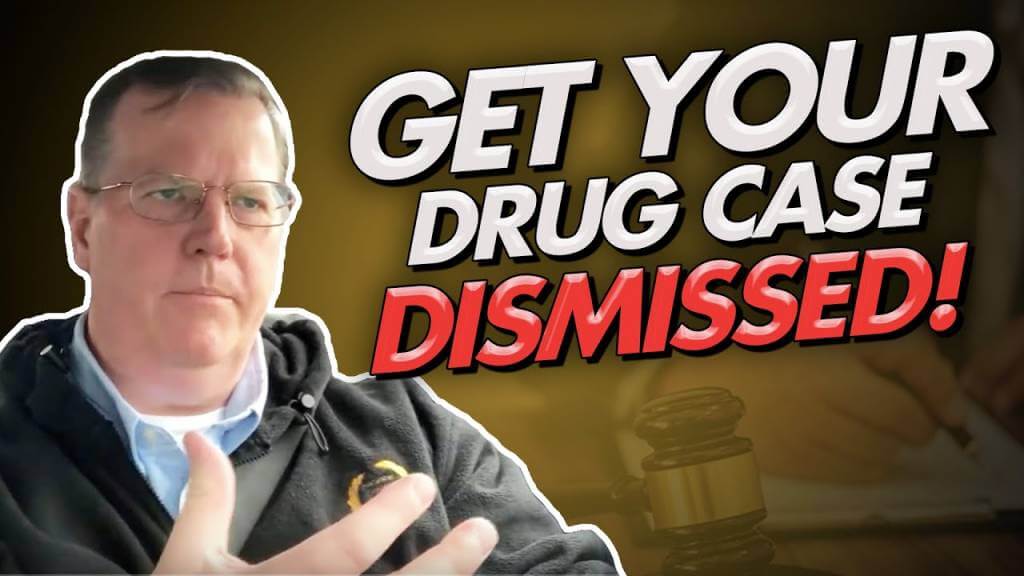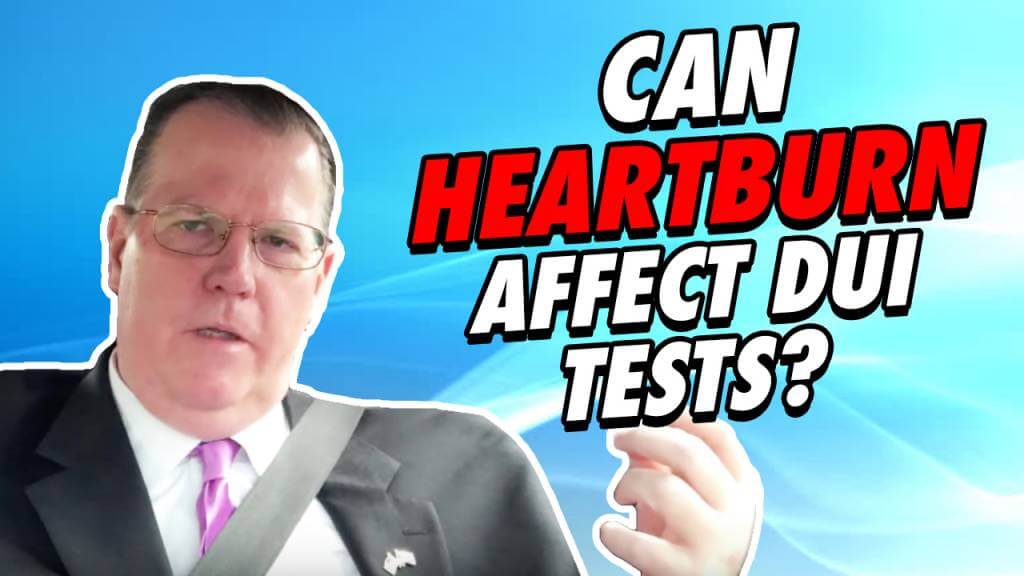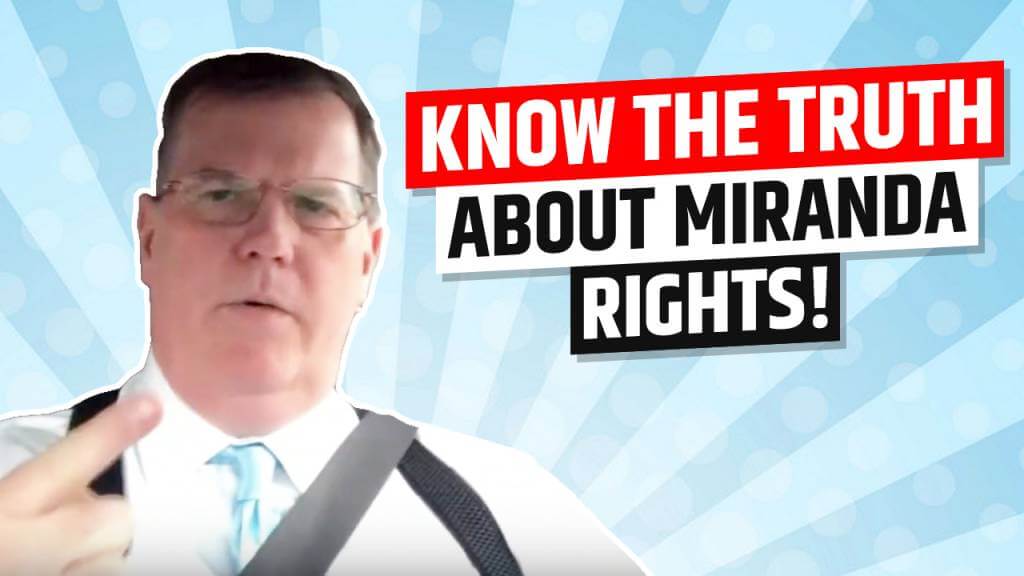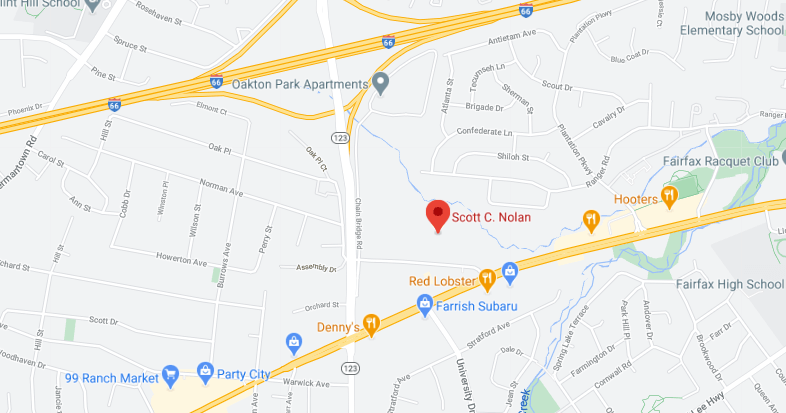The mere word “checkpoint” should cause alarm in any American mind. To me, the word checkpoint has connotations of goose-stepping armies on the Berlin Wall. Nonetheless, the Supreme Court of the United States says they are legal under certain circumstances. So, what are those limited circumstances and how police routinely get around them?
Situations Where You Can Be Searched Without A Warrant
Ordinarily, the police cannot stop a vehicle of a citizen traveling down the road, unless they see probable cause that crime is being committed, or they have a warrant. However, with a DUI checkpoint, they can pull people over, investigate whether or not they’re intoxicated without any probable cause or warrant.
This is an obvious violation of your Fourth Amendment right against searches and seizure and in fact, some states have found that this is a violation. However, the Supreme Court of the United States says it is not a violation of the Fourth Amendment, and many states, including Virginia, agree and permit DUI checkpoints.
The Rules Of DUI Checkpoints
In Virginia, as in most states, DUI checkpoints have to follow some very specific rules. Otherwise, the evidence gathered during those DUI checkpoints can be dismissed, suppressed, thrown out, or unable to be used against you in a court of law.
First, there has to be a written plan that designates the circumstances under which they’re going to search vehicles. There has to be particular scheme and police can’t just search at random.
They can search every third car. They can search all the cars traveling over a certain speed. Whatever criteria they come up with, as long as it’s facially neutral, then they’re permitted to do it.
They’re also allowed to select one specific spot where they’re going to be conducting this DUI checkpoint, and it must be in their written plan. They can’t just move it at random.
They are allowed to do one alternate area in their plan, but they can only switch to the alternate area if the commander on the scene decides that the area where they’re doing it is, for some reason, unsafe.
What Do You Do If You Are In A DUI Checkpoint?
The answer is you should respond exactly in the same manner as you would at any DUI stop. Number one, stop safely. Number two, close your mouth, keep it shut, don’t say anything. If you must say something, then you can say these two things; “On the advice of my lawyer, I am not going to say anything else.” And if you must say something else, you could say, “Am I free to go now?” Nothing else.
Second of all, never, under any circumstances do their false, unreliable, and phony field sobriety tests. No nose touching. No straight-line walking. No balancing. No breathing in the officer’s face. No breathing in their little handheld breath test. Don’t do any of them. They’ll let you know when you are required by law to do something.






